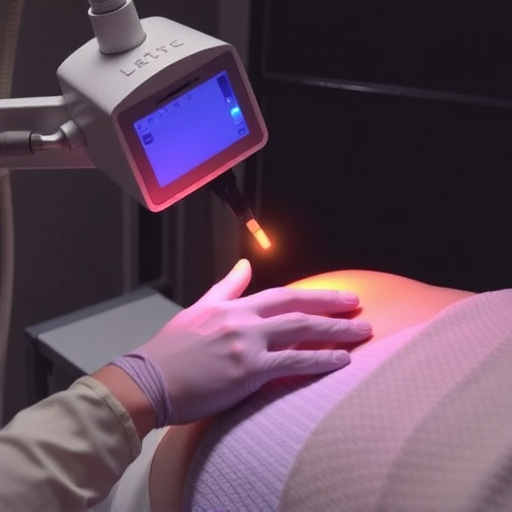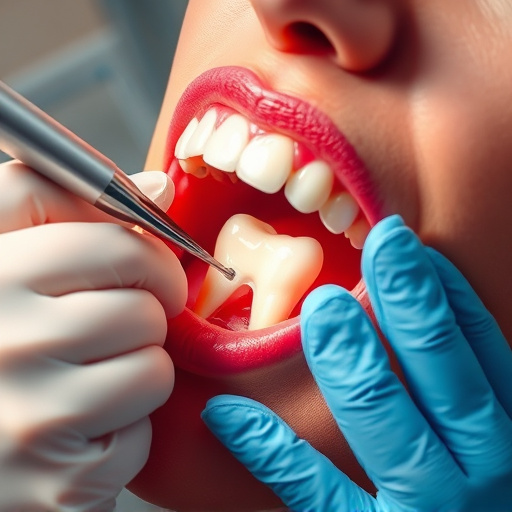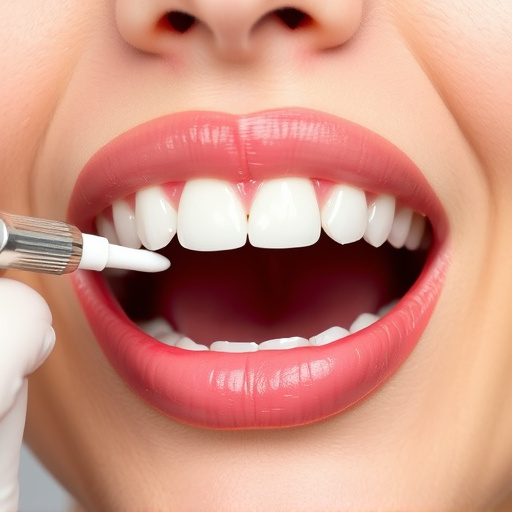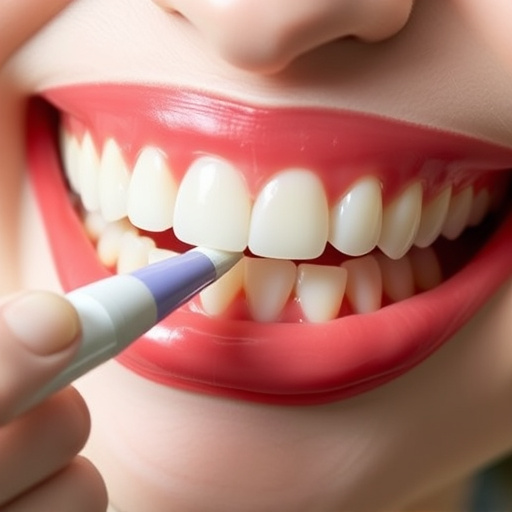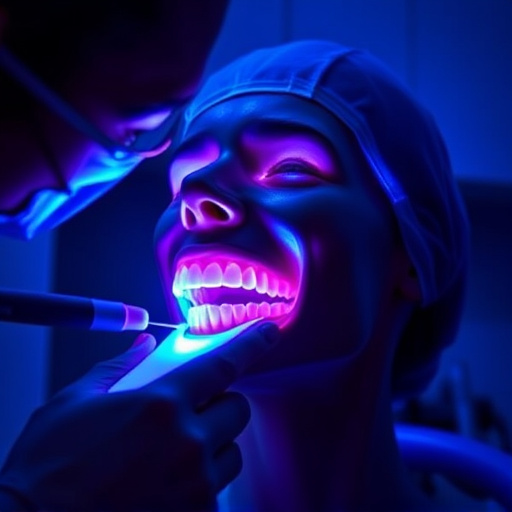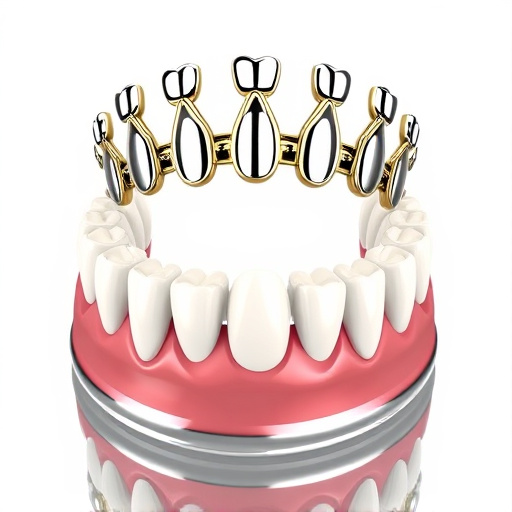Sleep apnea, impacting physical and mental health, disrupts breathing during sleep. Common types include obstructive, central, and mixed apnea, with OSA prevalent due to relaxed throat muscles. Untreated apnea increases risks of hypertension, heart disease, cognitive issues, and motor vehicle accidents. Treatment options like CPAP therapy, oral appliances, and dental procedures improve sleep quality and overall well-being, enhancing emotional health, relationships, and cognitive function. Effective sleep apnea treatment dramatically improves daily life and interpersonal dynamics.
Sleep apnea, a common yet often overlooked condition, can disrupt not just your sleep but also your mood and relationships. Understanding this respiratory disorder and its impact is the first step towards improvement. This article explores various sleep apnea treatment options available, from CPAP machines to oral appliances. We uncover how managing sleep apnea can lead to a surprising ‘positive ripple effect’, enhancing overall well-being and strengthening personal connections. Discover how effective sleep apnea treatment can be in transforming your life.
- Understanding Sleep Apnea and Its Impact
- Exploring Sleep Apnea Treatment Options
- The Positive Ripple Effect of Improved Sleep Apnea Management
Understanding Sleep Apnea and Its Impact

Sleep apnea is a common yet often overlooked sleep disorder that can significantly impact an individual’s overall health and daily life. It occurs when the airways become blocked repeatedly during sleep, leading to pauses in breathing or shallow breaths. These episodes can last for several seconds to minutes, occurring multiple times each night. The condition can be categorized into three types: obstructive sleep apnea (OSA), central sleep apnea, and mixed sleep apnea. OSA is the most prevalent form, typically caused by relaxation of throat muscles during sleep. This disorder isn’t just a nighttime issue; it has far-reaching consequences for both physical and mental well-being.
The impact of untreated sleep apnea extends beyond excessive daytime sleepiness. It can contribute to various health issues such as high blood pressure, heart disease, stroke, cognitive impairment, and increased risk of motor vehicle accidents. Additionally, it negatively influences relationship dynamics and overall mood. Snoring, a common symptom, can disrupt not only the patient’s sleep but also disturb their bedpartner, leading to marital strain and decreased quality of life. Thankfully, effective treatment options are available, including positive airway pressure (PAP) machines, oral appliances, and in some cases, wisdom tooth removal or cosmetic/general dentistry procedures to address underlying structural issues.
Exploring Sleep Apnea Treatment Options

Exploring Sleep Apnea Treatment Options can be a game-changer for those struggling with this condition. The first step is to consult a healthcare professional who can provide guidance and recommend suitable treatments based on individual needs. One common approach involves wearing a continuous positive air pressure (CPAP) mask during sleep, which helps maintain an open airway and promotes uninterrupted rest. This simple yet effective method has been proven to improve overall health and well-being.
Additionally, dental interventions such as teeth cleaning and preventative dentistry play a crucial role in managing sleep apnea. Some patients may benefit from oral appliances or surgeries that adjust the jaw position, reducing the obstruction of the upper airway. Emergency dental care should also be considered for any acute issues arising from the condition, ensuring prompt relief and better sleep quality.
The Positive Ripple Effect of Improved Sleep Apnea Management

The positive effects of managing sleep apnea extend far beyond just better rest. When individuals successfully improve their sleep apnea condition through effective treatments like continuous positive airway pressure (CPAP) therapy or oral appliances, it triggers a ripple effect across various aspects of their lives. This transformation often begins with improved mood and emotional well-being; the constant disruption caused by pauses in breathing during sleep can lead to irritability, anxiety, and depression. By addressing sleep apnea, individuals may find themselves feeling calmer, more alert, and overall happier.
This improvement doesn’t stop at personal emotions; it positively influences relationships as well. Sleep apnea management can enhance communication, increase intimacy, and foster a deeper connection with partners or family members. The restoration of quality sleep also contributes to better cognitive function, memory, and problem-solving skills, which are crucial for navigating the challenges of daily life and maintaining healthy interpersonal dynamics. Additionally, regular routine oral exams and preventive dentistry play a vital role in managing sleep apnea, ensuring that any underlying dental issues are identified and treated promptly.
Sleep apnea is a condition that can significantly impact an individual’s life, affecting mood, relationships, and overall well-being. However, with the right approach to sleep apnea treatment, these adverse effects can be mitigated. By exploring various treatment options and implementing effective management strategies, individuals can experience improved sleep quality, leading to better moods, enhanced relationship satisfaction, and a higher quality of life. This positive ripple effect underscores the importance of prioritizing sleep apnea treatment for those affected by this common yet often undiagnosed condition.

